We’re all familiar with the physical symptoms of a hangover—headaches, nausea, and fatigue—but what about the mental side of it? The anxiety that often creeps in after a night of drinking, sometimes referred to as "hangxiety," can feel just as draining. If you’ve ever woken up with your mind racing, heart pounding, or a looming sense of dread after a night out, you’re not alone. Let’s explore why hangovers and anxiety are so often linked and what you can do to prevent or reduce these feelings.
Alcohol is a depressant, and while it may help you feel more relaxed in the moment, it disrupts your body’s normal functioning. Once the alcohol wears off, your system goes into a kind of rebound mode, which can leave you feeling anxious and unsettled. For one, alcohol dehydrates the body, causing headaches, fatigue, and irritability, which only heighten feelings of unease. Drinking also disrupts your sleep cycle. Though it might help you fall asleep faster, alcohol prevents you from getting the deep, restorative sleep your body craves, leaving you more vulnerable to anxiety the next day.
Another factor is how alcohol impacts your brain chemistry. It affects the balance of neurotransmitters like serotonin and dopamine, which are responsible for regulating your mood. When alcohol exits your system, your body tries to rebalance these chemicals, often leading to heightened anxiety and stress. On top of that, there’s the emotional aspect. Alcohol lowers inhibitions, and it’s easy to feel regret or guilt the next day over things you may have said or done. This sense of unease, combined with the physical effects of a hangover, can create a perfect storm for anxiety.
The symptoms of hangover anxiety vary from person to person, but they often include restlessness, racing thoughts, and a sense of dread. You might feel on edge, as if you can’t relax, or be plagued by negative thoughts about the night before. In some cases, physical symptoms like a rapid heartbeat can mimic the feeling of a panic attack, further amplifying your anxiety.
To better understand this, consider how alcohol affects your nervous system. While alcohol can initially reduce anxiety by suppressing the central nervous system, it also diminishes your brain’s ability to cope with stress. As the alcohol wears off, your nervous system becomes overstimulated, and you might experience an adrenaline surge, leaving you jittery and uneasy. This heightened state can make small worries feel much larger than they are.
Fortunately, there are ways to reduce these feelings. Staying hydrated before, during, and after drinking can help combat the dehydration that contributes to both physical and mental discomfort. Eating before and during your night out slows the absorption of alcohol into your bloodstream, which can lessen its overall impact. Limiting your caffeine intake the day after drinking can also prevent further stimulating your nervous system, which might already be in overdrive.
Here are a few additional tips to help reduce the chance of hangover anxiety:
-
Mindful Drinking: Pace yourself throughout the night by alternating between alcoholic and non-alcoholic beverages. This not only keeps you hydrated but also gives your body time to process the alcohol, reducing the likelihood of intense anxiety the next day.
-
Social Support: Sometimes, anxiety is fueled by overthinking or replaying conversations from the night before. Checking in with friends or family can help reassure you that things went better than your anxious mind might be telling you.
-
Post-Drinking Routine: Create a calming post-drinking routine to help your body transition. A warm shower, soothing music, or a light snack can signal to your body and mind that it’s time to relax and unwind.
While cutting back on alcohol consumption is one obvious solution, you can also enjoy alcohol-free alternatives to experience social events without the hangover or the anxiety that follows. For example, at Cut Above, we offer zero-proof spirits that give you the familiar flavors of your favorite drinks, but without the alcohol. Sipping on non-alcoholic whiskey means you can enjoy the complexity of a crafted cocktail without worrying about what the next morning will bring. The less alcohol you consume, the less likely you are to experience hangxiety.
Mindfulness practices such as deep breathing or meditation can also be helpful in calming your system when anxiety sets in. These techniques activate your parasympathetic nervous system, often called the "rest and digest" system, which counters the adrenaline spikes and helps your body return to a calmer state. Exercise, even just a gentle walk, can also be beneficial for reducing anxiety and restoring your mood after a night out.
If hangover anxiety is something you experience frequently, it might be worth considering a shift in your overall drinking habits. Many people are exploring alcohol-free lifestyles and finding that they feel better both physically and emotionally. The availability of high-quality alcohol-free options makes it easier to enjoy a drink without the consequences. Not only does cutting out alcohol reduce anxiety, but it can improve your overall mood, energy levels, and sleep quality.
Hangover anxiety is a common issue, but it doesn’t have to be part of your routine. By staying hydrated, getting enough rest, and exploring alcohol-free alternatives, you can minimize or even eliminate the anxious aftermath of a night out. Cut Above’s line of alcohol-free spirits provides the same enjoyable experience without the negative effects, so you can wake up feeling refreshed and free from the weight of hangxiety
Shop our full lineup of zero proof alcohol free Spirits.
Try our Sample Size Variety Pack to discover which one is your favorite. (The variety pack includes all 4 Cut Above Spirits with 3 alcohol free cocktails in each of the 4 trial size bottles!)


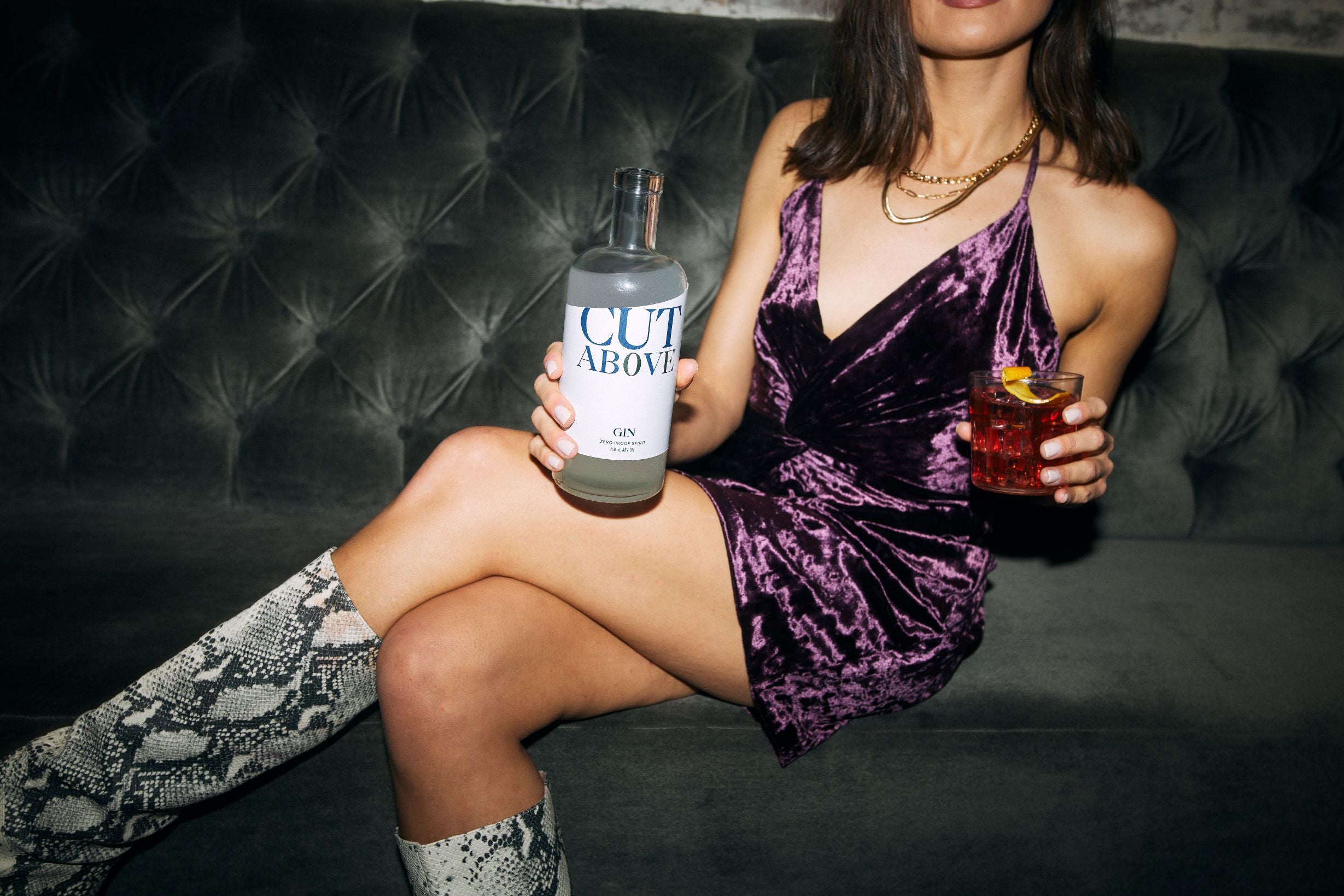
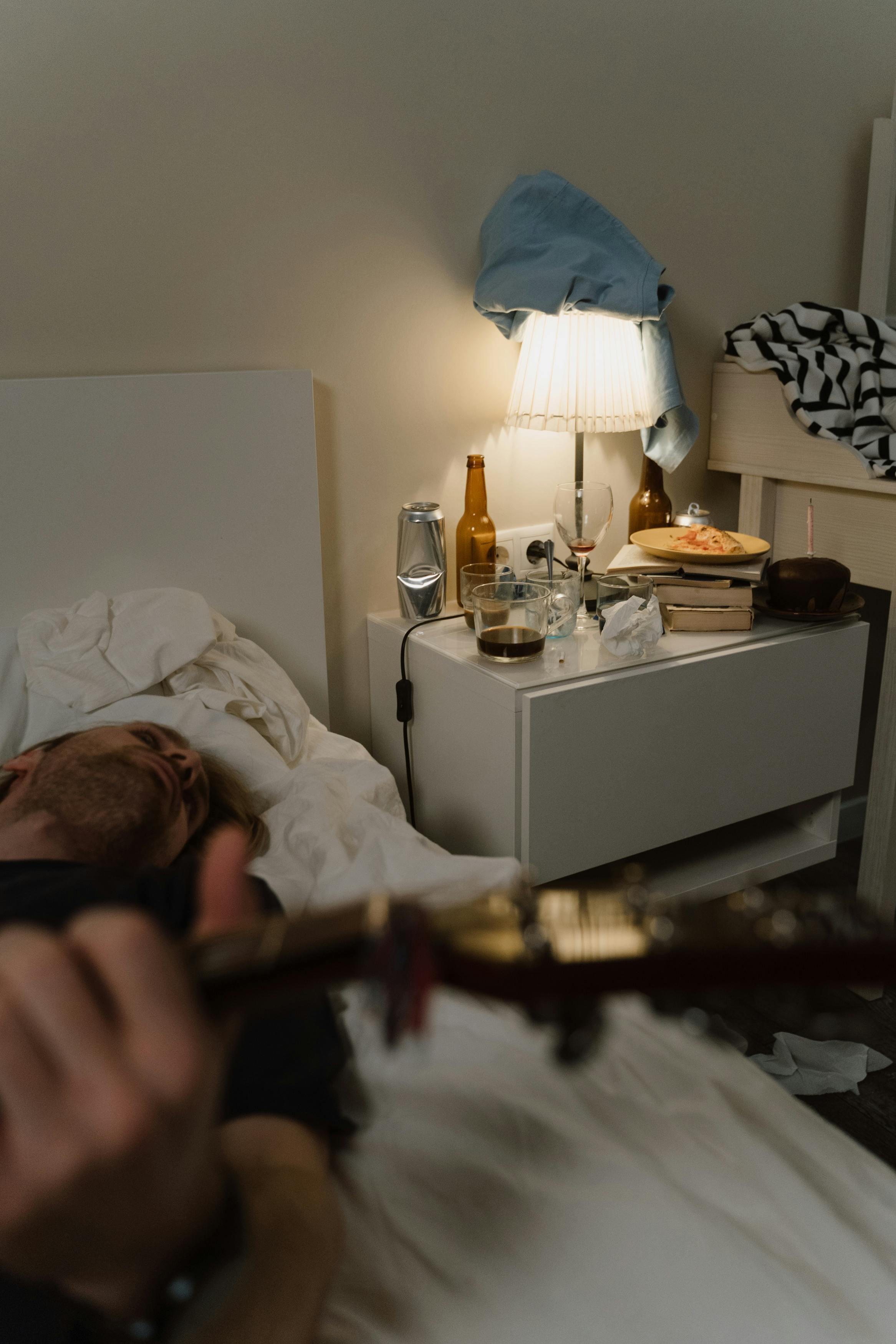

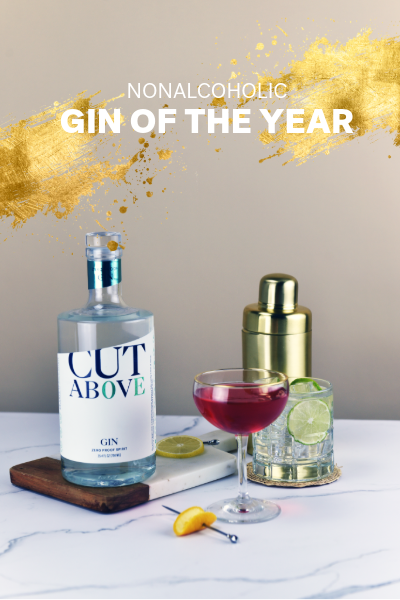
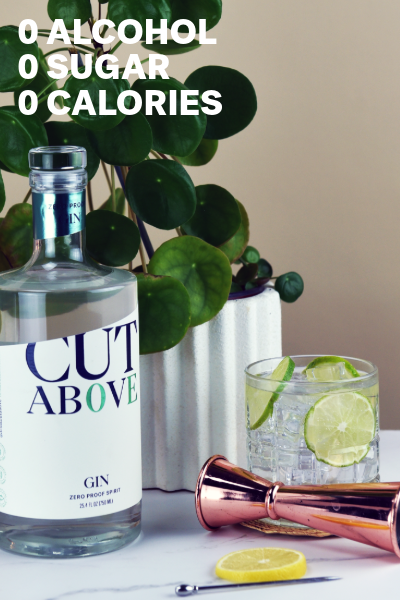
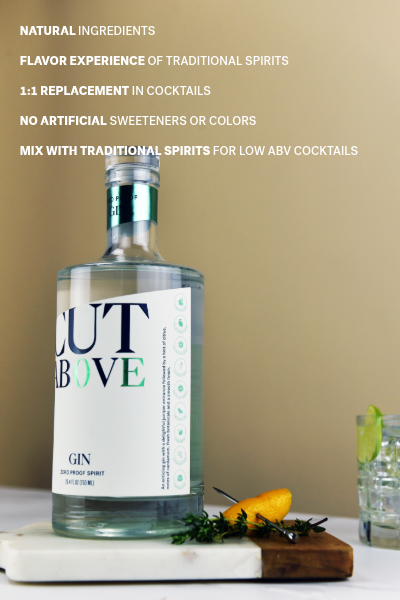
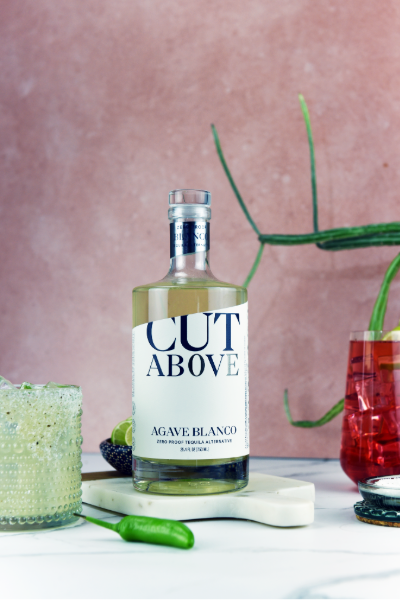

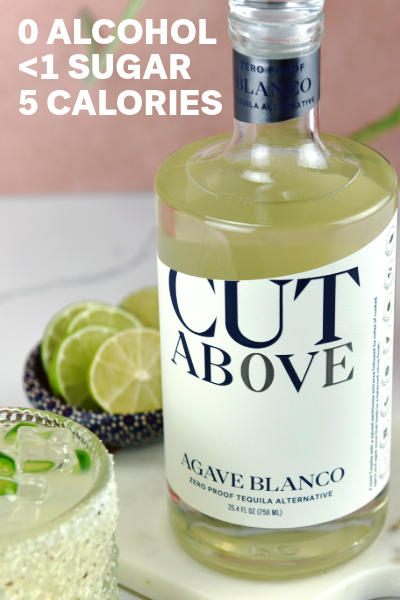
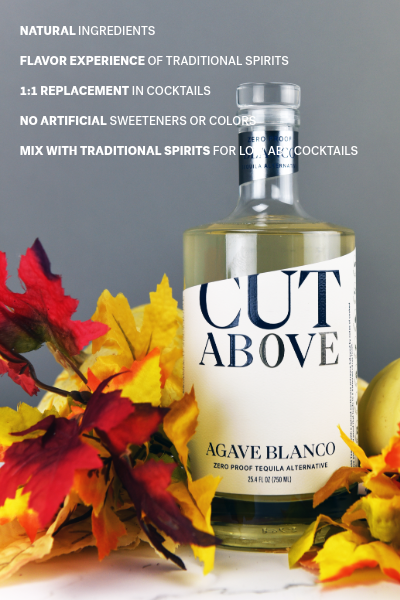
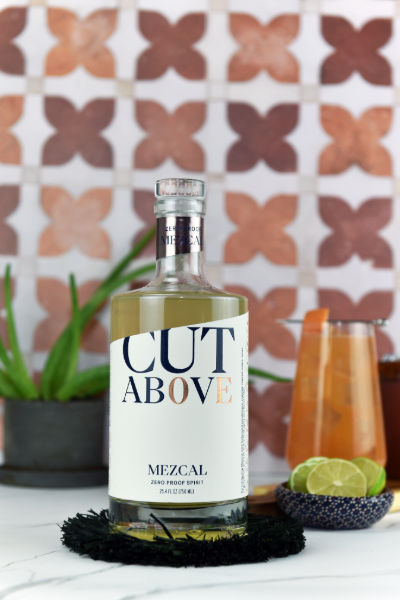

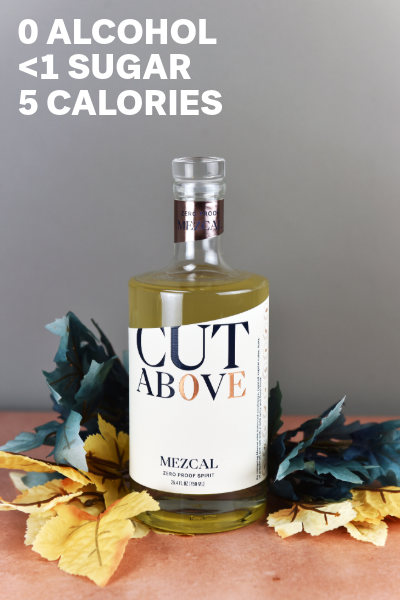

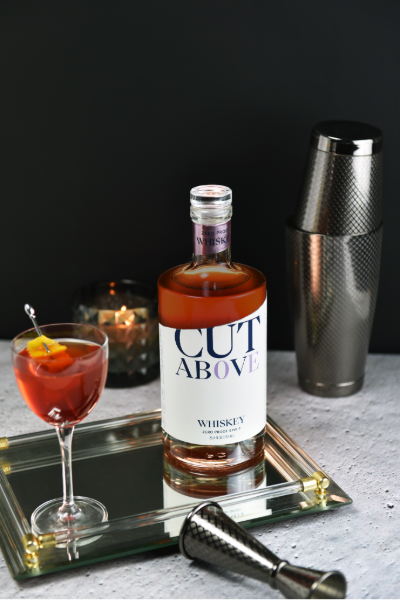
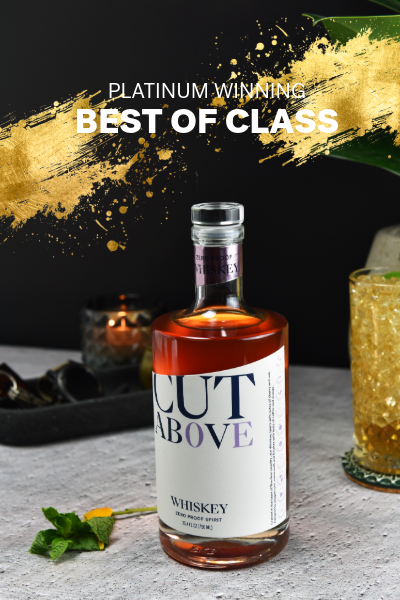
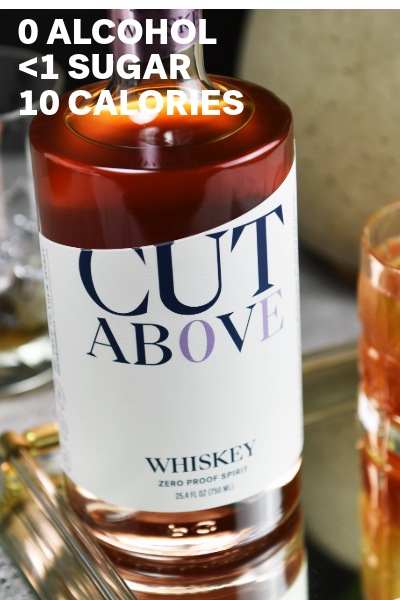

Share:
5 Tips for Crushing Sober October with Cut Above
Going Dry? Check out this amazing workbook